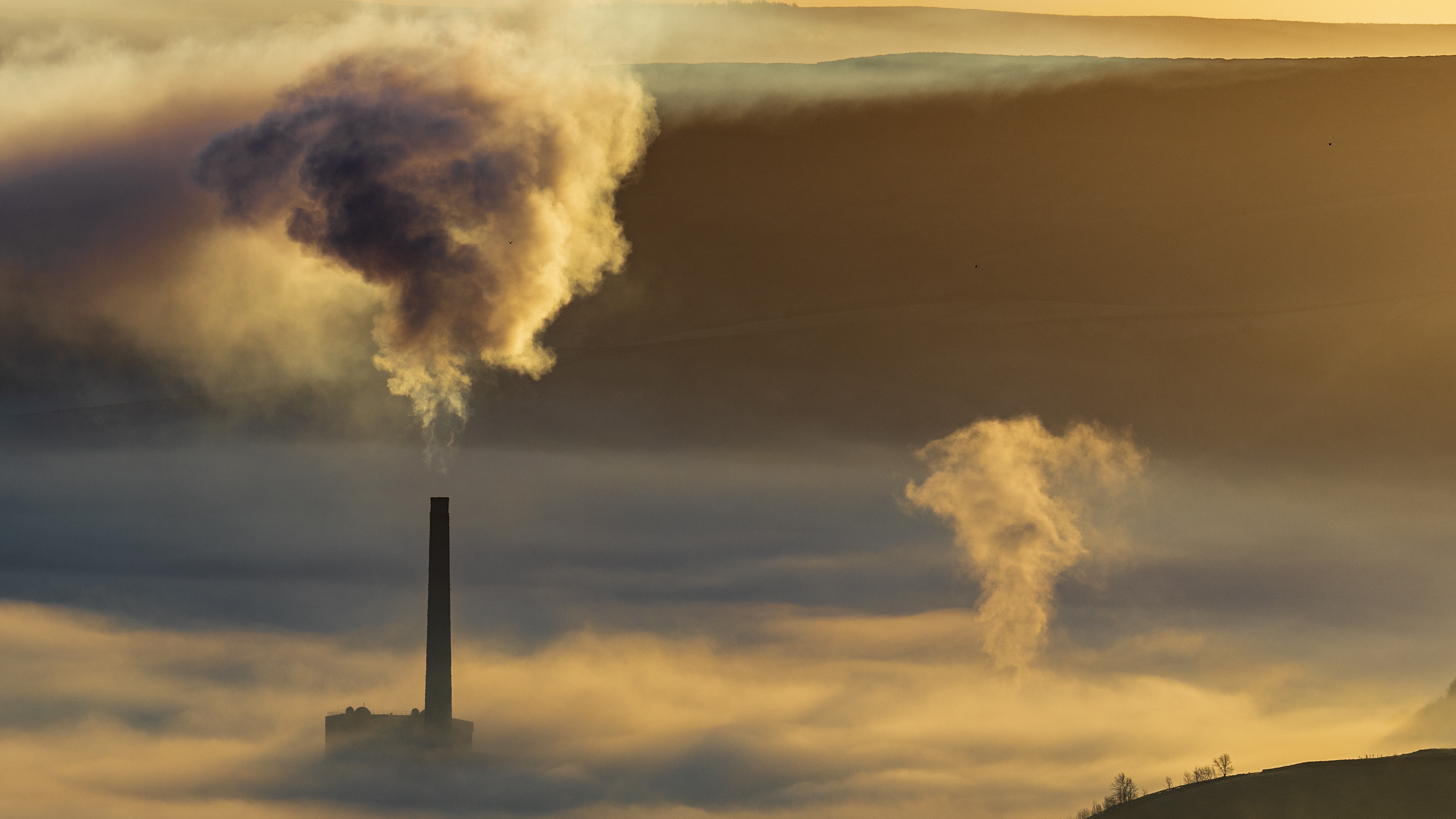Could the term ‘global weirding’ help people?
Your digest of analysis and commentary from the British and international press

- 1. Why we need to talk about ‘global weirding’
- 2. George Floyd killing: Derek Chauvin conviction is just the start of US debate on race and policing
- 3. Boris is right to scrap televised press briefings
- 4. New Zealand’s response to China abuse is spineless
- 5. The Conservatives have been waging their ‘war on woke’ for decades
A free daily email with the biggest news stories of the day – and the best features from TheWeek.com
You are now subscribed
Your newsletter sign-up was successful
1. Why we need to talk about ‘global weirding’
Harry Clarke-Ezzidio for the New Statesman
on a new language for climate change
“It can feel like an endless cycle: whenever a bout of uncharacteristic weather strikes – particularly unseasonable cold snaps – climate change sceptics argue this is evidence that global warming is not happening,” writes Harry Clarke-Ezzidio for the New Statesman. “The link between global warming and climate change is frequently misunderstood. Recent strange weather events – for example, a mini heatwave in the UK followed by snow in April – have only exacerbated this misconception.” So, “could wider adoption of the term ‘global weirding’ help people – including climate sceptics – think more rationally the effects of global warming?” asks Clarke-Ezzidio.
The Week
Escape your echo chamber. Get the facts behind the news, plus analysis from multiple perspectives.

Sign up for The Week's Free Newsletters
From our morning news briefing to a weekly Good News Newsletter, get the best of The Week delivered directly to your inbox.
From our morning news briefing to a weekly Good News Newsletter, get the best of The Week delivered directly to your inbox.
2. George Floyd killing: Derek Chauvin conviction is just the start of US debate on race and policing
Dominic Waghorn for Sky News
on overdue questions
“The impact of George Floyd’s killing was a once in a generation moment,” writes Dominic Waghorn for Sky News. “We have seen many – too many – acts of police brutality in America but none of them with the same effect,” he writes. “But there was something universal about the killing for people around the world that brought them out on the streets in their millions.” The protests that erupted in the wake of his death “led to debate and soul searching”. These debates are not “just about racism but deeper questions about race and power. About the way our societies are structured and have been historically to entrench the power of some and the marginalisation of others,” he adds. “That debate is long overdue and only just beginning.”
A free daily email with the biggest news stories of the day – and the best features from TheWeek.com
3. Boris is right to scrap televised press briefings
Samuel Coates in The Spectator
on a No. 10 U-turn
The decision to “keep No. 10’s expensive new TV studio while scrapping the press conferences that were supposed to go with it” is a terrible combination of “government profligacy and unaccountability”, writes Samuel Coates in The Spectator. “Even so,” he says, “I think No. 10 are right not to go ahead with the televised press briefings.” When the prime minister gave his first press conference from the new studio, it looked “far too professional for the UK government”. “Our country is run from a 17th-century terraced house and when foreign statesmen visit, we pull out dusty chairs from a closet,” Coates writes. Ultimately, “[t]he scheme didn’t make much sense for the Conservatives at the moment.” “The public is tired of division and permanent war, and will be tired of having to care about government press conferences.”
4. New Zealand’s response to China abuse is spineless
Jawad Iqbal in The Times
on a lack of principle
“How can New Zealand, a self-declared global leader on human rights, justify siding with China, a regime that imprisons people in concentration camps and crushes pro-democracy protests in Hong Kong?” asks Jawad Iqbal in The Times. “Easily enough, it seems, when the country’s leaders are willing to put trade and a fear of standing up to China ahead of their principles,” he continues. “By declaring that it won’t engage with China through the Five Eyes alliance New Zealand is turning its back on the historical alliances underpinning security in the region.” The Five Eyes network is “a mutual endeavour, based on longstanding democratic alliances: surely questions must now be asked about New Zealand’s fitness to remain a member,” Iqbal concludes.
5. The Conservatives have been waging their ‘war on woke’ for decades
Evan Smith in The Guardian
on distraction tactics
“Barely a week passes without a rightwing commentator warning about the rise of ‘cancel culture’ or decrying the ‘woke agenda’,” writes Evan Smith in The Guardian. “Some have suggested ministers are stoking this culture war to distract voters from their failures in government,” he writes. “But this explanation underestimates the ideological reasons behind the government’s strategy.” Rather, it should be understood as “an attempt to shift the Overton window to the right while framing the rights of minorities as a fringe concern”, Smith argues.